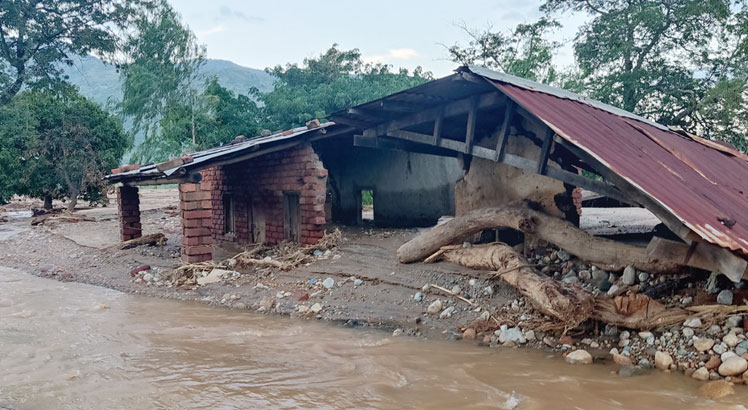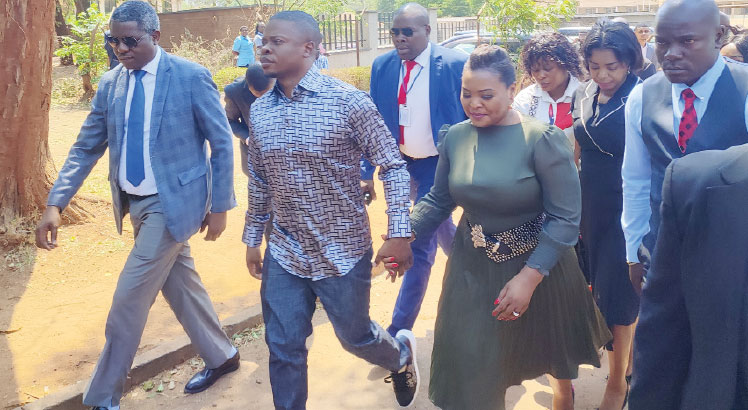Save the Children for more climate change financing
Children’s rights advocate Save the Children is calling for more financing to mitigate the devastating climate change impacts that have hit children the hardest, especially in developing economies.
The comes at the close of one of the worst disaster-hit years in history with records showing that the poorest countries in the world, including Malawi which are the least polluters on the planet, have been the most affected.

Malawi is one of the countries that suffered the wrath of Cyclone Freddy which also hit Mozambique and Madagascar, killing over 1 400 people, displacing over 500 000 and registering as one of the longest-lived tropical cyclones.
In a statement, Save the Children highlights that half the people killed in 2023 were from low income or lower-middle income countries.
“The analysis clearly shows how the climate crisis disproportionately affects those who have done least to cause it and are least able to withstand its most damaging effects,” said Kelley Toole, who is the global head of climate change at Save the Children.
The demands follow the just-ended Climate Change Conference of Parties (CoP28) in the United Arab Emirates which failed to stamp out the use of fossil fuels with an agreement on the same only telling countries to move away from fossils.
Delegates, although reaching an agreement on landmark climate change fund to assist vulnerable countries, its materialisation is yet to manifest.
Toole described the CoP28 agreement as a step in the right direction despite lacking the resolute willpower to safeguard the planet for future generations.
“We need to significantly scale up climate finance and make it more responsive to children’s needs, including for loss and damage,” he said.
The statement further bemoans that the climate linked disasters in 2023 collectively affected children’s education in the worst affected places.
Save the Children quotes the World Meteorological Organisation which indicates that the number of global disasters has been on the rise, five-fold over the past 50 years.
“A child born in 2020 will experience on average seven times more heatwaves in their lifetime than someone born in 1960, twice as many wildfires, and nearly three times the exposure to river floods, crop failures and droughts,” says the organisation which works in 116 countries across the world.
Civil society organisations (CSOs) have asked the government to establish a special fund that can help minimise climate change-related damages and adequately address losses when such disasters hit.
Last month, local civil society organisations in the environment sector also lobbied for more financing on climate change to poorer nations like Malawi.
They decried the tendencies by rich nations which release resources for losses and damages only allocated when disasters strike.
The CSOs are under the banner Loss and Damage Action Research Project being implemented by Trocaire Malawi and Civil Society Network on Climate Change.
Trocaire programme coordinator Maggie Ngwira told The Nation at the time that for instance Malawi does not have a fund to support addressing, averting and minimising losses and damages due to climate change.





